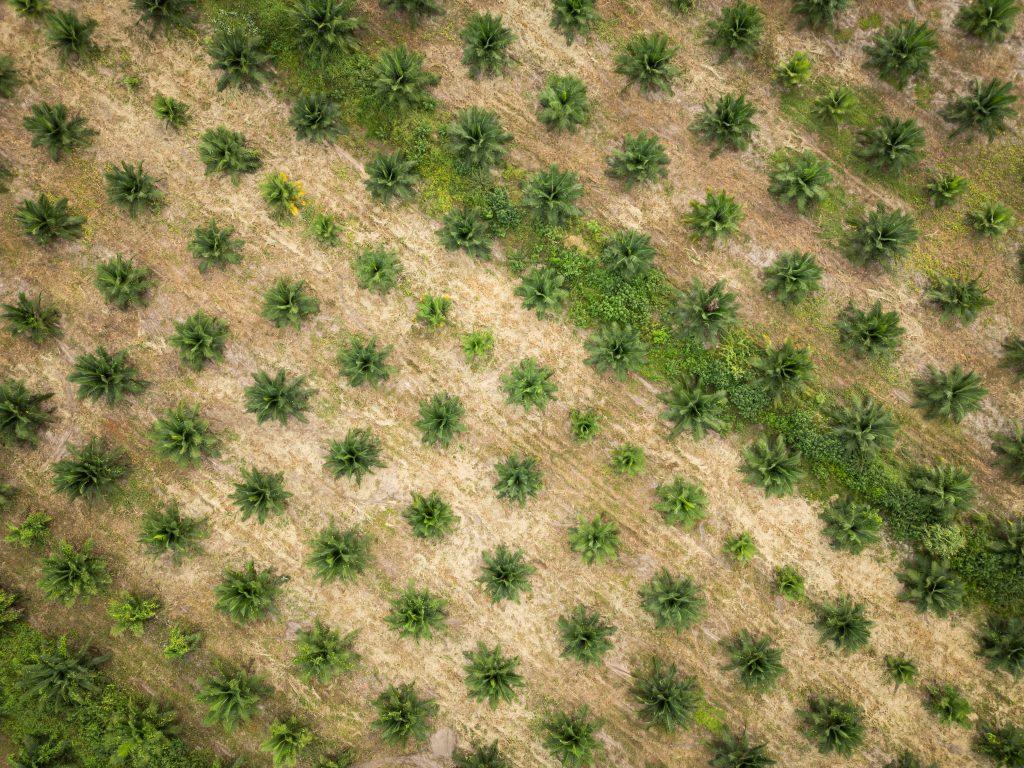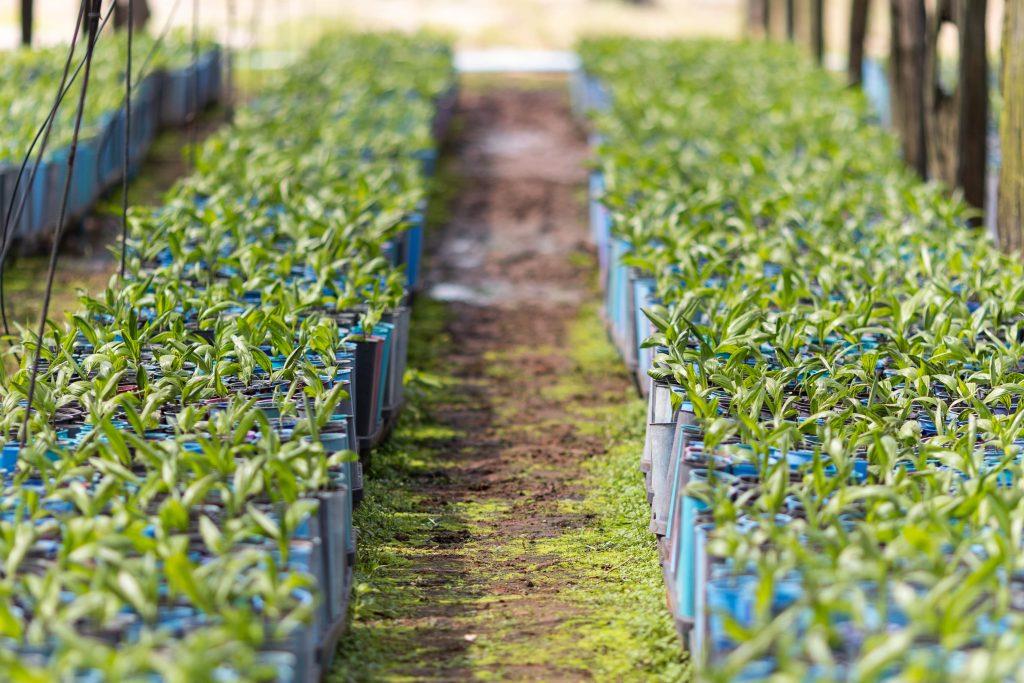
The Palm Oil That Comes From Pará
Denpasa 's director, Roberto Yokoyama, says the company was the first to plant palm in Pará. The company's operations began in the 1970s with the cultivation of African-origin varieties, which were eventually wiped out by disease, causing losses. The activity gained new momentum years later, when a hybrid was developed by crossing African and Brazilian species that were resistant to the disease.

Denpasa produces palm oil from hybrid varieties
The discovery was followed by ten years of research and development focused on cloning hybrid varieties.“Starting in 2019, we began producing genetically enhanced plants with higher yield potential, and now we have a laboratory capable of producing around 500,000 cloned seedlings per year,” says Yokoyama. With these selections, some of Denpasa's plants can produce eight to ten tons of oil per hectare, compared to the usual average of four to 4.5 tons.
The Brazilian market is capable of absorbing more domestically produced palm oil, as it currently imports about 60% of what it consumes. According to data released by Denpasa, national consumption this year is estimated at 940,000 tons, while local production is expected to reach 400,000 tons, with 250,000 hectares planted across the states of Pará, Rondônia, and Bahia.
The participation of family farming in the project is linked to Denpasa's history and the period when its plantations were wiped out by disease. At the time, the land was occupied by the Landless Workers' Movement (MST), and part of the area was designated for rural settlement. However, the regularization process was only completed in 2022, preventing families from accessing credit to plant.“When we surveyed these areas, each family's income did not exceed BRL 200 [USD 37] per month,” says Yokoyama.

Seedlings: Research led to higher productivity
That was when Denpasa decided to invite 30 families to join a pilot project called Terra Nova 47. Each family cultivates five hectares, receiving seedlings and technical assistance from Denpasa, as well as other support made possible through partnerships.“The project is now entering its third year and is about to begin production. With the yield from this area, we estimate that each family will earn a net income of around BRL 3,000-4,000 [USD 550-750] per month,” explains Yokoyama. According to the director, the idea is to expand the project.
In a presentation held by the company for the press, three family farmers-Regina Silva, Cleitiano Ferreira, and Raimundo Ferreira Jr.-spoke about the initiative they are part of.“I'm very happy with the palm oil project within family farming-it's a great opportunity for all of us in the settlement. I believe many more people still want to join this project. After the first 30 plots were established, we saw growing interest from others wanting to plant palm as well. I hope this continues and that Denpasa keeps this project going with us,” Cleitiano told reporters.
Denpasa operates three units in the Pará municipalities of Santa Bárbara do Pará and Santo Antônio do Tauá. The company's palm oil production is supplied as raw material to industries, but a large share is sent to the state of Bahia for direct consumption, according to Yokoyama. One of the qualities that makes palm oil highly sought after is that it is naturally saturated, meaning it doesn't require hydrogenation to achieve consistency-which makes it free of trans fats.
Read the other features in the series:
The journalist traveled at the invitation of Brazil's agribusiness lobby, CNA
Translated by Guilherme Miranda
Wenderson Araujo/TriluxWenderson Araujo/TriluxWenderson Araujo/TriluxThe post The palm oil that comes from Pará appeared first on ANBA News Agency.
.jpg)
Legal Disclaimer:
MENAFN provides the
information “as is” without warranty of any kind. We do not accept
any responsibility or liability for the accuracy, content, images,
videos, licenses, completeness, legality, or reliability of the information
contained in this article. If you have any complaints or copyright
issues related to this article, kindly contact the provider above.

















Comments
No comment